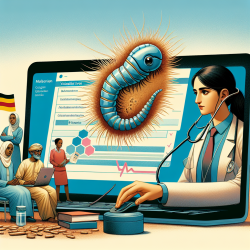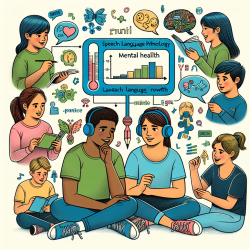As a Special Education Director, you understand the importance of staying informed and applying research to improve educational and health outcomes. A recent study titled "Gendered lives, gendered Vulnerabilities: An intersectional gender analysis of exposure to and treatment of schistosomiasis in Pakwach district, Uganda" offers valuable insights that can be implemented to enhance the support provided to students, particularly those in vulnerable communities.
This study utilized the World Health Organization's (WHO) intersectional gender analysis toolkit to identify social stratifiers intersecting with gender, influencing vulnerability and access to treatment for schistosomiasis. Here are some key takeaways and actionable steps for practitioners:
Understanding Gendered Vulnerabilities
The research revealed that traditional gender roles significantly affect exposure to schistosomiasis. Men and women in Pakwach district engage in different activities that bring them into contact with contaminated water bodies, leading to varied infection rates. For example:
- Men: Predominantly involved in fishing, often spending long hours in the water, increasing their risk of infection.
- Women: Engage in domestic chores such as fetching water, washing clothes, and processing fish, which also expose them to the disease.
Implementing Research Outcomes
Practitioners can take several steps to address these gendered vulnerabilities:
- Increase Public Health Campaigns: Educate communities about schistosomiasis prevention and treatment, emphasizing gender-specific risks and behaviors.
- Regular Mass Drug Administration (MDA): Ensure more frequent and widespread distribution of praziquantel (PZQ) at homes and schools to improve treatment coverage.
- Improve Health Services: Integrate schistosomiasis control with other health services, including vector control and economic support programs.
- Address Gender Norms: Challenge and change negative gender norms that hinder treatment-seeking behavior and decision-making regarding health.
Encouraging Further Research
While this study provides a solid foundation, further research is essential to deepen our understanding of how gender intersects with other social factors to influence health outcomes. Practitioners should advocate for and participate in ongoing research efforts to develop more effective, gender-sensitive interventions.
To read the original research paper, please follow this link: Gendered lives, gendered Vulnerabilities: An intersectional gender analysis of exposure to and treatment of schistosomiasis in Pakwach district, Uganda.










